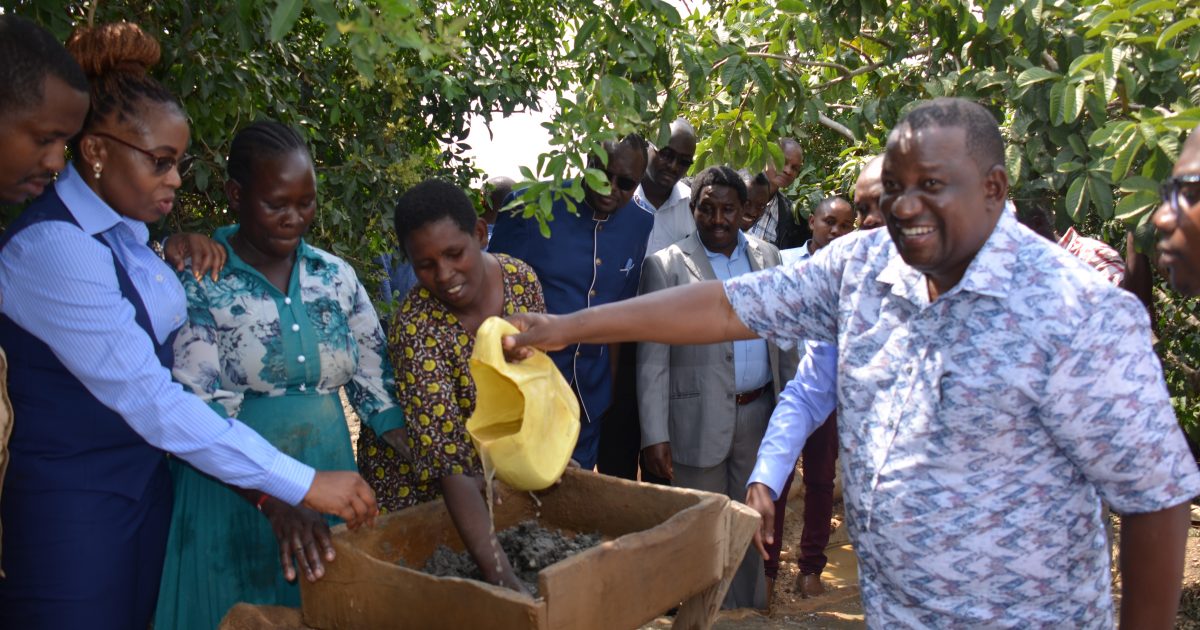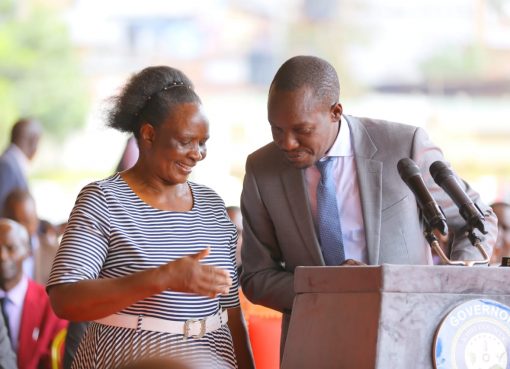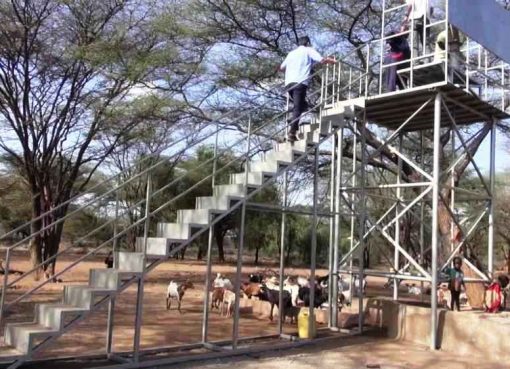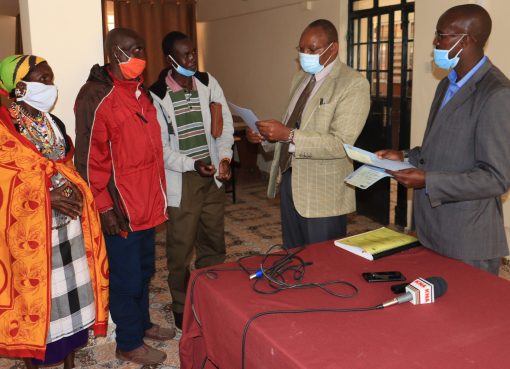Cabinet Secretary for Mining, Blue Economy and Maritime Affairs Salim Mvurya has said that the government will decriminalise artisan miners to enable them to earn a decent livelihood.
Mvurya who toured Kalosi mining site in Kuria, Masara and Osili Matanda mining sites in Nyatike said that artisan miners have been criminalised for doing their business yet they were the biggest contributors of income in the Kenyan mining sectors.
“We have thousands of artisan miners across the country that contribute a lot to the mining industry yet their contribution is criminalised for no reason, said Mvurya.
The official noted that his ministry will ensure the artisan miners are properly recognised, licensed and supported by the government to do their daily work.
He said that the purpose of meeting artisan miners was to resolve any arising issues and streamline the set policies to help forge ahead the mining sector in the country.
Mvurya assured the artisan miners that their concerns will be aligned with what the ministry had proposed through its set policies and Acts.
Already the ministry has mapped 66 artisan miners groups in Migori County and according to Mvurya these groups will be assisted to form cooperatives and properly financed to cater to their needs which include proper mining gears and safety equipment.
He acknowledged that the artisan miners will no longer do their business as a traditional activity but rather as a value added addition to generate more income revenue for the country, county and the community.
The ministry has already done a geo survey mapping to establish the nature, quantity, existence and location of various minerals in the country. The survey mapping report identified 970 mineral occupancy across the country.
“95 percent of the geo survey mapping has been concluded across the country to establish and discover what minerals the country has. Only five percent of the blue space, namely water bodies including lakes and ocean remains to be mapped,” acknowledged Mvurya.
He added that Madini House in Nairobi will be elevated to an International Laboratory to help the miners in Kenya quantify their resources instead of outsourcing the services abroad.
The CS explained that it was equally important to ensure that the mining resources remain in the country and are only exported after value additions are made to the products to help artisan miners to reap from their sweat.
The ministry in corporation with county governments will also establish artisan small scale miners committees that will be tasked with issuing mining permits as well as managing the affairs of the local miners.
On the issue of the royalty sharing formula, the CS noted that the national government will take 70 percent of the resource generated, counties 20 percent and the community involved will get 10 percent.
The 20 percent allocation for the counties will be added to the budget allocation they get from the national government as provided by the County Additional Allocation Act of 2022.
Migori Governor Ochilo Ayacko who accompanied the CS asked to bring more mining opportunities for the people working in the mining counties.
Ochilo said that the resolutions made by the ministry of mining should be able to work for the thousands of artisans miners across the country to help boost their socio economic welfare.
He explained that it was important for the concerned ministry to relook at some of the resolution policies and acts to reflect the reality that artisan miners face in their daily working routines.
Ochilo however, applaud the efforts done by the national government to map mining areas meant to discover and quantify minerals’ existence in the mining counties.
He added that the mapping exercise will unearth more mineral resources in the county and add revenue generation to the county coffers. So far Migori County boosts of minerals resources that include copper, gold, limestone and lead that are largely found in Nyatike and some parts of Rongo, Awendo and Kuria.
Ochilo also urged the government to create safe spaces to help protect and provide security in mining areas where artisan miners explore their daily activities. He also proposed for some of the mining policies to be devolved to enable the county government implement some of the mandate that can be well implemented and understood at county levels.
In addition, the Chairperson of the Artisan Small Scale enterprise miners in Kenya Dan Odida asked the government to scrap the artisan mining act and the small scale mining act because it was confusing the miners.
“Majority of the artisan miners are small scale miners and it becomes confusing to our clients who do not understand if they are artisan or small scale miners. It will be in order if the two acts were merged together to address the concerns of our mines,” said Odida.
Although the Artisan and Small Scale mining Acts were effected in 2016 Odida acknowledged that no single artisan or small scaler miner has ever acquired a mining license.
Odida welcomed the move from the government to decriminalise the artisan miners who he said will be able now to enjoy the full support of both the county and national governments.
By Geoffrey Makokha





